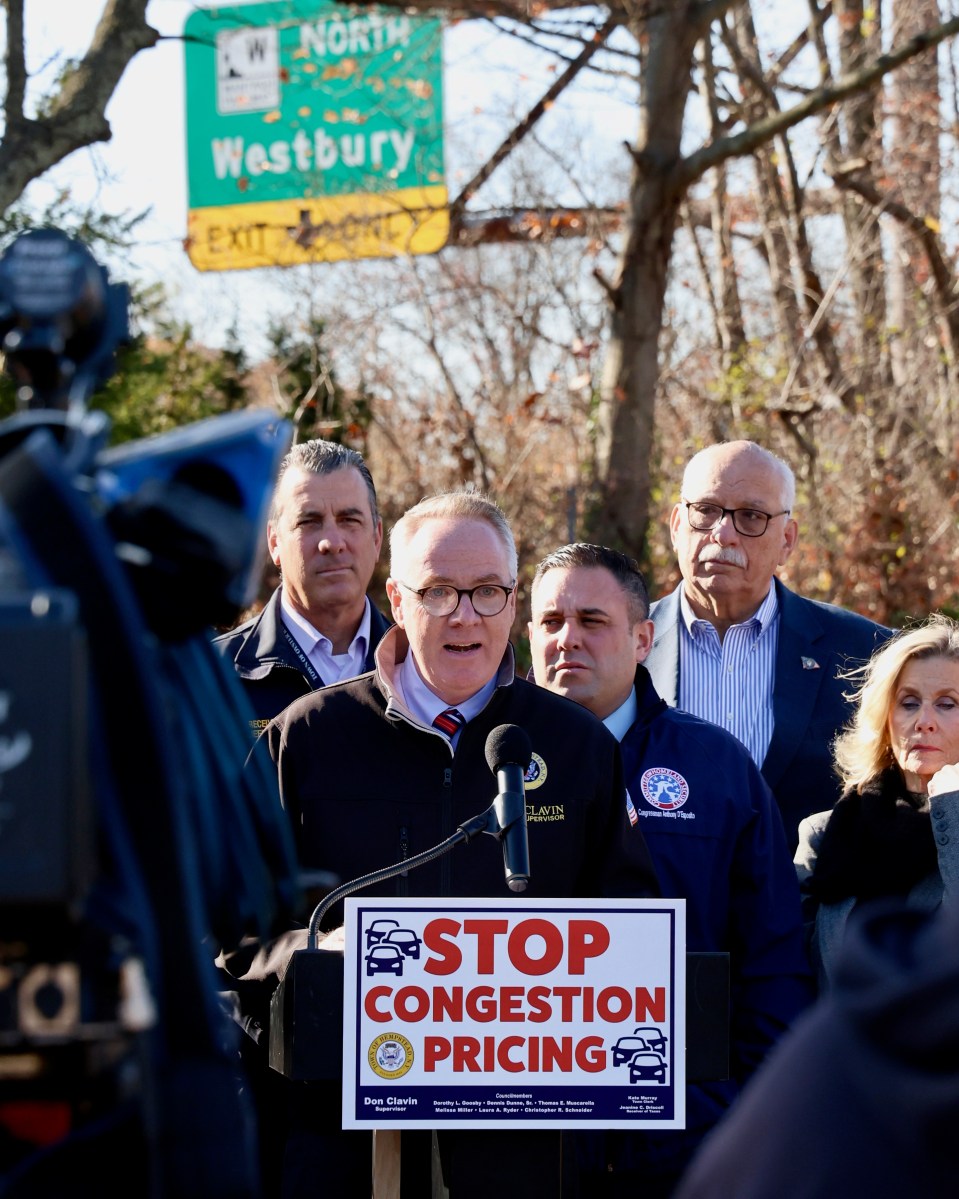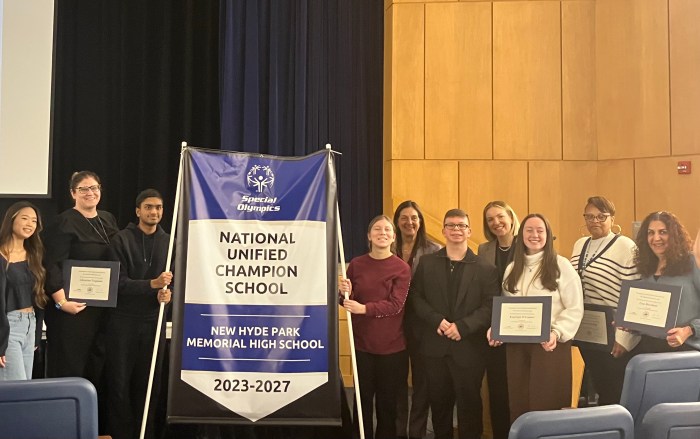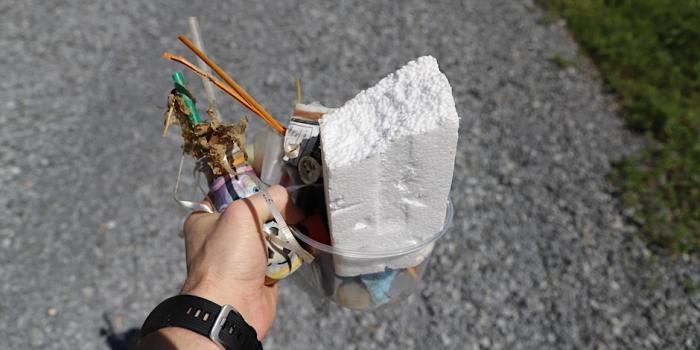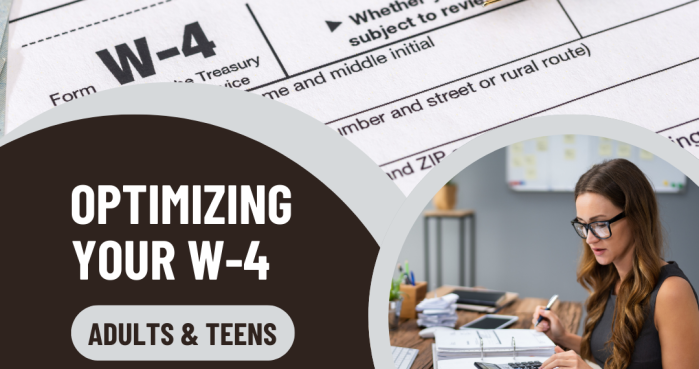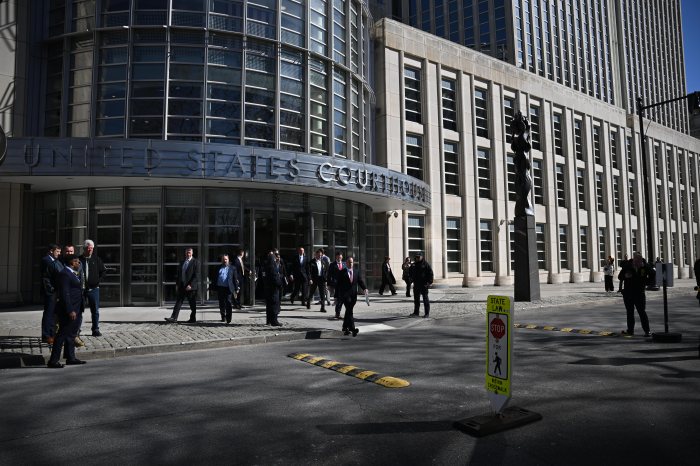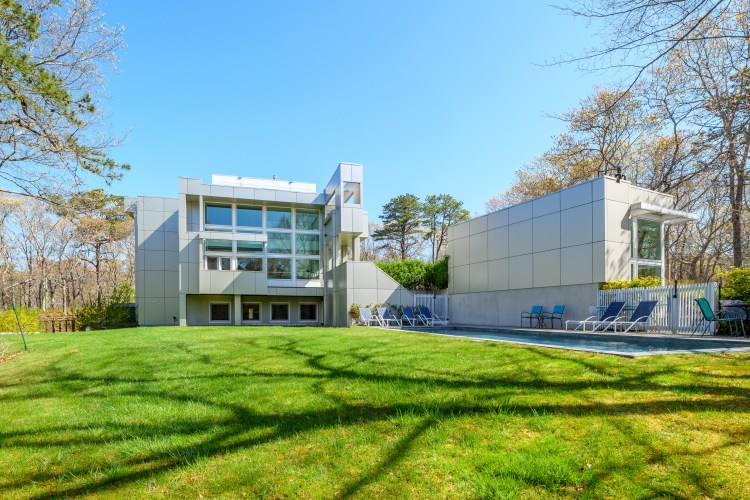A federal court sided with the Town of Hempstead on Thursday, agreeing that their upcoming congestion pricing lawsuit should be heard at the Nassau County Supreme Court because the complaint concerns state law.
Hempstead Supervisor Don Clavin called the Dec. 19 decision by the United States District Court for the Eastern District of New York a “win.”
“New York State’s attempt to remand our lawsuit to federal court is nothing more than a stall tactic that attempts to run out the clock on 2024 and prohibit hard-working New Yorkers from publicly speaking out against this unconstitutional congestion pricing plan,” Clavin said at a press conference joined by Town Council Members Dennis Dunne, Tom Muscarella, Laura Ryder, and the Town’s legal representatives.
Clavin has previously called on President-elect Donald Trump to bar the state’s congestion pricing.
In November, the Town of Hempstead announced that it would sue the state and the Metropolitan Transportation Authority over its recently implemented $9 congestion pricing fee, which is scheduled to begin on Jan. 5.
Hempstead’s complaint alleges that the MTA failed to adhere to state administrative law by not allowing a 45-day pre-adoption public notice period when it decided on the lower toll.
Gov. Kathy Hochul reintroduced congestion pricing on Nov. 14, and it was swiftly approved by the MTA and later by the Federal Highway Administration.
While congestion pricing has garnered support from some state and city elected officials, it has been an unpopular proposal on Long Island.
Long Island Republican state senators held rallies against congestion pricing. Concerns include the costs imposed on commuting Long Islanders, higher costs for goods and services transported through the city, and the agricultural impact due to the cost associated with trucking products into the city.
The town has sought a temporary restraining order that could delay implementation while the case proceeds.
Town officials also questioned the timing of events surrounding the congestion pricing plan, arguing it was politically unpopular only to be revamped one week after election day.
The tolls will be for vehicles entering Manhattan’s Central Business District below 60th Street, with fees set at a one-a-day daytime rate of $9 for passenger vehicles. Motorcycles will be charged $4.50 and small trucks and non-commuter buses will be charged $14.40 during the day.
Hochul said congestion pricing would ease traffic congestion in the city, reduce air pollutants, and fund the city’s public transportation system.
Clavin argued that the state is moving forward unconstitutionally.
“In all my years in public service, I have never seen a more blatant disregard for the voices of hard-working New Yorkers, nor a more concerted effort to ignore the rules and laws associated with the democratic process,” Clavin said.
“We feel that Gov. Hochul and New York State are morally and legally obligated to the residents they represent. It seems only through a court of law will we receive any details and communication regarding congestion pricing – and that is our plan moving forward,” he added.



